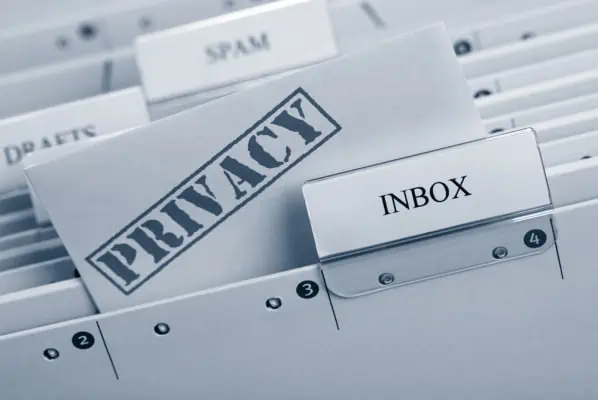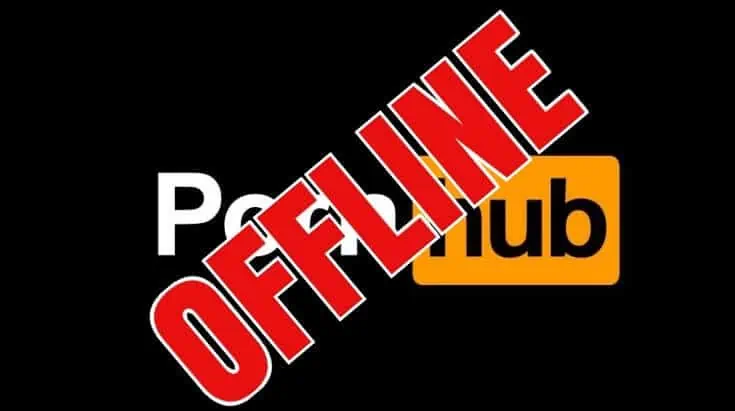Snapchat Sued for Lying About Privacy and Security Concerns
Snapchat, the self destructing picture and video message application, has been sued for deceiving users about security and privacy concerns.
Thursday, the owner and developer of Snapchat settled charges with the Federal Trade Commission (FTC) on the account that it deceived customers on various levels. The application was not completely secure, and was in fact spying on its users.
The Los Angeles based company got no charges and only had to agree to minimal measures. In turn, it has allowed independent privacy auditors to inspect the company for the next 20 years, and has been forced to promise it will be more truthful with its users.
The center of Snapchat assures its users that all pictures and videos are safe and private. Snapchat was built on the promise that users data is secure and permanently deleted after sending it.
Snapchats main feature is self destructing photos. Snaps that were taken and sent to a recipient could in fact be saved by a simple screenshot. Even though Snapchat notifies both parties that the snap was saved, the promise of secure and permanently deleted data is in fact broken.
Snapchat has also stated that they have taken appropriate security measures to keep user information safe. However, self destructing videos, another Snapchat feature, was in fact false. Videos taken by the Snapchat app were in fact saved on the user device unencrypted. Essentially someone could plug the device in, extract the videos, and play them back.
Another false Snapchat promise was the collection of information about its users. Snapchat promised it would never track its users, which in fact was another lie. The company covertly tracked, stored, and followed Android users every move. It also extracted, stole, and uploaded iPhone users entire contact list to the Snapchat database without informing customers.
The false no tracking promise collapsed when hackers stole the contact information of over 4.6 million snapchat users, posting usernames, and partial phone numbers online.
“If a company markets privacy and security as key selling points in pitching its service to consumers, it is critical that it keep those promises,” FTC Chairwoman Edith Ramirez said in a statement.
On Thursday, Snapchat admitted to making false claims and has updated their privacy policy, app description, and notification to users.
“While we were focused on building, some things didn’t get the attention they could have. One of those was being more precise with how we communicated with the Snapchat community,” the company stated on its blog.






